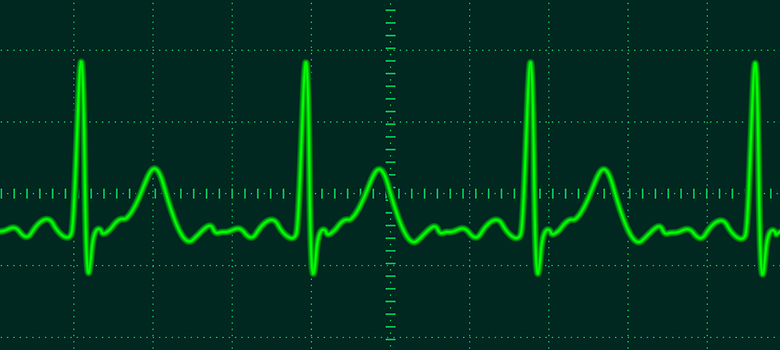
Coronary artery disease is the build-up of fatty deposits called plaque on the inner walls of the arteries that supply our body’s most important muscle, the heart, with nutrient filled blood necessary for our survival.
A heart attack, or myocardial infarction, happens when there is a sudden blockage of an artery that supplies blood to a part of the heart muscle. This usually occurs when a piece of plaque ruptures.
Heart disease begins early in life and continues over the years. It is the leading cause of death among Aboriginal and Torres Strait Islanders and the statistics tell us we are three times more likely to have a heart attack than non-Indigenous Australians.
In order to improve your outcome and chance of surviving a heart attack you must know the warning signs.
“Heart attack symptoms vary from person to person. They are not always sudden or severe. Many start slowly with only mild pain or discomfort. Typically the discomfort is described as a feeling of heaviness or tightening that increasingly gets worse,” the Leader of the National Aboriginal and Torres Strait Islander people’s Health Unit, Vicki Wade says.
“Some people experience one symptom, while others experience a combination. People have described feeling generally unwell or not quite right.”
When experiencing a heart attack you may feel pain, pressure or tightness in your chest, shoulders, neck, arms, jaw, and back accompanied by nausea, dizziness, cold sweats or shortness of breath.
“It is very important to be aware that the symptoms of a heart attack may be mild. Don’t let this stop you from seeking immediate help,” Vicki says.
Heart disease can be caused by various lifestyle and genetic factors.
“There’s no single cause of heart disease but your risk increases if you have a family history, if you smoke and if you have high blood pressure or high cholesterol,” she says.
“The good news is that heart disease is largely preventable. Not smoking, limiting your alcohol intake, eating a balanced diet, keeping active and maintaining a healthy weight will all help to reduce your risk of having a heart attack.”
Heart disease may go undiagnosed for many years until it’s too late. It’s strongly recommended that you have regular health check-ups so that your disease can be appropriately managed.
Many types of medicines are used to treat and manage coronary heart disease and it’s very important that you take your prescribed medicine as directed.
“If you or someone near you is having a heart attack, call Triple Zero (000) immediately. The longer you wait, the more heart muscle dies. Treatment starts the minute you call, and if the operator thinks you need an ambulance, they will send one,” explains Vicki.
“It’s okay if it’s a false alarm – that’s the best thing that could happen.”
For more information visit www.heartfoundation.org.au
Comments are closed.